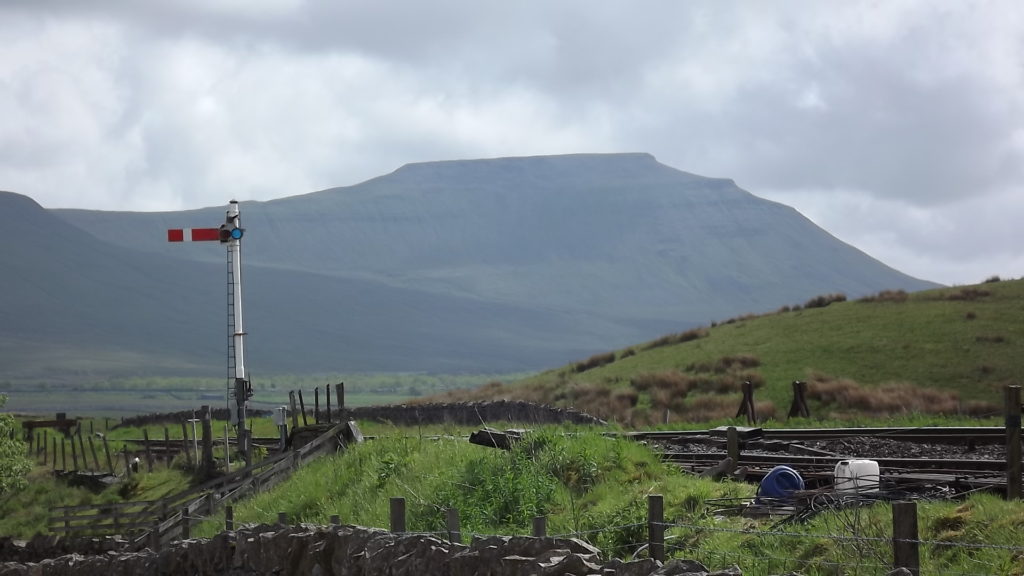(This story is based on a real incident)
******************************************
The 1960s were slap bang in the middle of the period in
international relations that is generally known as the Cold War, this being a
time characterized by intense suspicion between the Eastern and Western blocks
of nations, a lot of spying activity, and military forces of the various powers
keeping a close watch on each other.
British governments took an active role in being suspicious,
and to this end they established listening and watching posts in remote places
around the shores of Great Britain, including St Kilda.
St Kilda is the furthermost piece of Britain before you get
to America - go to northern Scotland and turn left. It is a tiny island that
once had a permanent population but was uninhabited between 1930, when the last
settlers were evacuated, and 1957 when the Army arrived.
During the early 1960s there was a small detachment of
gunners and technicians on St Kilda but they had the company of a lot, an awful
lot, of sheep.
If one had the misfortune to be posted to St Kilda one would,
on getting up in the morning, look out of the window. If it was brown and
streaky, low down, it wasn't a bad day. If it was brown and streaky, high up,
it was a bad day, because the brown objects were sheep. If the wind was normal
they flew past the window at a low level, but if it was high they would sail
past somewhat higher up.
The job of the soldiers, however, was not to watch the sheep
but to keep an eye open for passing Russians and try to make sense of the
confusing signals that were constantly being received on the various radio
channels which the station monitored at all times of the day and night.
One such signal in 1963 referred to a Russian nuclear
submarine that had had an incident in its reactors, although nobody
could work out exactly where it was. The Officer Commanding on St Kilda decided
that the post should mount a submarine watch just in case it should surface off
St Kilda, although there was absolutely nothing in the radio messages to
suggest that it would.
The irony of this situation was that the next morning the
station awoke to find a Russian fishing vessel in the bay. The OC decided that
the only course of action was to board this vessel and arrest the crew while
awaiting the arrival of support units. A boarding party left for the vessel and
a general purpose machine gun was set up on the beach.
The OC’s orders were that if he didn't come to the bridge
waving a handkerchief fifteen minutes after boarding, the gunners should assume
that the boarding party had been captured and they were to open fire.
Sergeant Terry Mathers was a peace-loving man who was
absolutely horrified by the prospect of actually having to shoot at anyone, and
it was probably the case that he was not best suited to being in the Army. A
posting to an island full of sheep and not much else suited him down to the
ground. He therefore grew steadily more concerned as the fifteen minutes sped
by with no sign of anyone on the fishing boat waving a handkerchief or anything
else. Twenty minutes passed, then twenty-five, then thirty.
His corporal nudged him in the ribs. “I suppose we’d better
fire the gun then, Sir?”
“DAM” said Terry.
“Is that a yes or a no, Sir?” asked the corporal.
“DAM” said Terry - a second time.
The corporal could fully understand why the sergeant should
give way to mild bad language, but he did not see how this helped the
situation. He took the risk of saying precisely this to the sergeant.
“Sorry, Corporal”, said Terry. “I didn’t mean Damn, I meant
DAM – D-A-M.”
“Sir?”
“It’s what my old dad used to tell me. When you are faced
with a really tricky situation, D-A-M – Don’t Act Mental. This strikes me as an
occasion when acting mental would be the worst possible thing to do.”
So they did nothing, and after another ten minutes had
passed they saw the OC appear on the deck of the fishing boat. He was
distinctly unsteady on his feet and had to hold on to every support he could
find. He was, however, able to wave his handkerchief in the general direction
of the machine-gun detachment on the beach.
The other members of the boarding party then appeared, and
they also seemed to be having problems putting one foot in front of the other.
They did not find it easy to get safely into their boat and head off back to
the beach, but this they did eventually. They were waved off from the fishing
boat by a cheery-looking bunch of Russians on the deck.
When the OC reached Terry on the beach he explained what had
happened, although his words were distinctly slurred. What transpired was that
the fishing vessel had just stopped to pay a courtesy visit and the Captain,
with typical Russian hospitality, had offered his visitors copious amounts of
vodka. The minor matter of communicating to the firing party had been
overlooked during the celebrations.
“I’ve only got one thing to say, Sir”, said Terry.
“Wassat, then?”
“DAM, Sir”
“Yerwhat?”
“I’ll explain later,” said Terry.
It turned out that the Russian submarine was in the South
China Sea!


